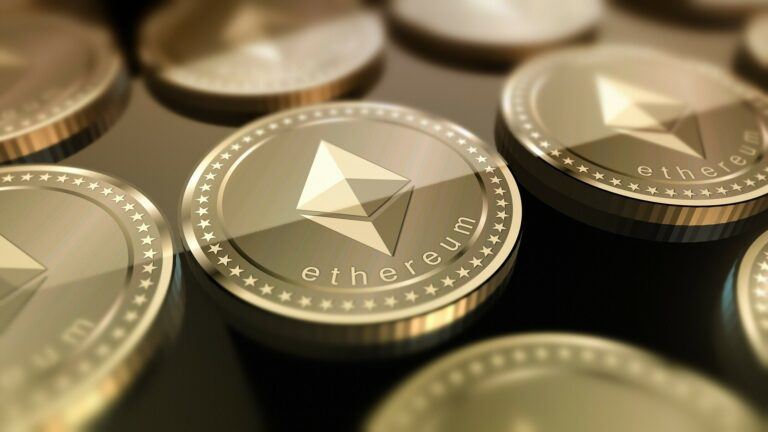Ethereum co-founders Vitalik Buterin and Joseph Lubin, who’s also the founder of ConsenSys, a New York-based Ethereum-focused development studio, have reportedly donated 1,000 ETH (each) to the Moloch decentralized autonomous organization (DAO).
In total, the Moloch DAO has now received around $1 million in funding – after taking into account the 2,000 ether (appr. $380,000 at current prices) donated by the Ethereum co-founders.
Thrilled to finally reveal that myself, @ConsenSys, @VitalikButerin, and the @Ethereum Foundation are all contributing 1k $ETH each to @MolochDAO. Huge thanks to @ameensol helping to redefine how we fund #Ethereum development. GUILD BANK NOW OVER $1M 🤯 #EtherealNY #YearOfTheDAO pic.twitter.com/6pDsLVKCrW
— Joseph Lubin (@ethereumJoseph) May 10, 2019
Acquiring Adequate Funding To Develop Ethereum’s Open-Source Ecosystem
The stated goal of the Moloch DAO initiative is to acquire funding for the ongoing development of the Ethereum platform’s open-source ecosystem.
Launched by Ameen Soleimani, the CEO of the Ethereum blockchain-based adult token project Spankchain, the Moloch DAO mission statement reads:
Our objective is to accelerate the development of public Ethereum infrastructure that many teams need but don't want to pay for on their own. By pooling our ETH, teams building on Ethereum can collectively fund open-source work we decide is in our common interest.
In early 2018, the Ethereum Community Fund (ECF), which initially received an endowment of $100 million, announced the fund’s first five grant recipients. According to ECF’s mission statement, “appropriate public infrastructure” must be developed to “support billions of users” who will be part of the crypto ecosystem.
This development work, ECF’s statement explains, requires substantial research which will help support the growth of the crypto and blockchain ecosystem in the coming years.
Blockchain-based Applications Will Still Look Like Traditional Web Pages, Programs
Commenting on the ongoing development of Ethereum, Lubin has previously said:
My feeling is this is just the next Internet. This is World Wide Web version three. We are going to be delivering applications that look like Web pages or Web applications or that look like mobile applications. They will just have this different kind of database in the backend that is a much more trustworthy database that enables easy interoperation amongst lots of other things.
In early February 2019, Lubin also noted that Ethereum is one of the “foundational protocols” which will be a part of Web 3.0, an evolving set of standards for the future version of the world wide web. According to Lubin, Web 3.0 will be decentralized and Ethereum’s smart contract-enabled platform will help facilitate “trusted transactions” and “automated agreements.”








